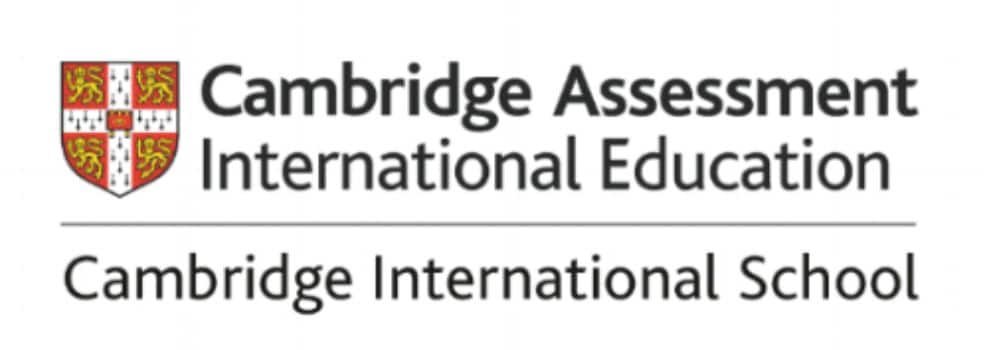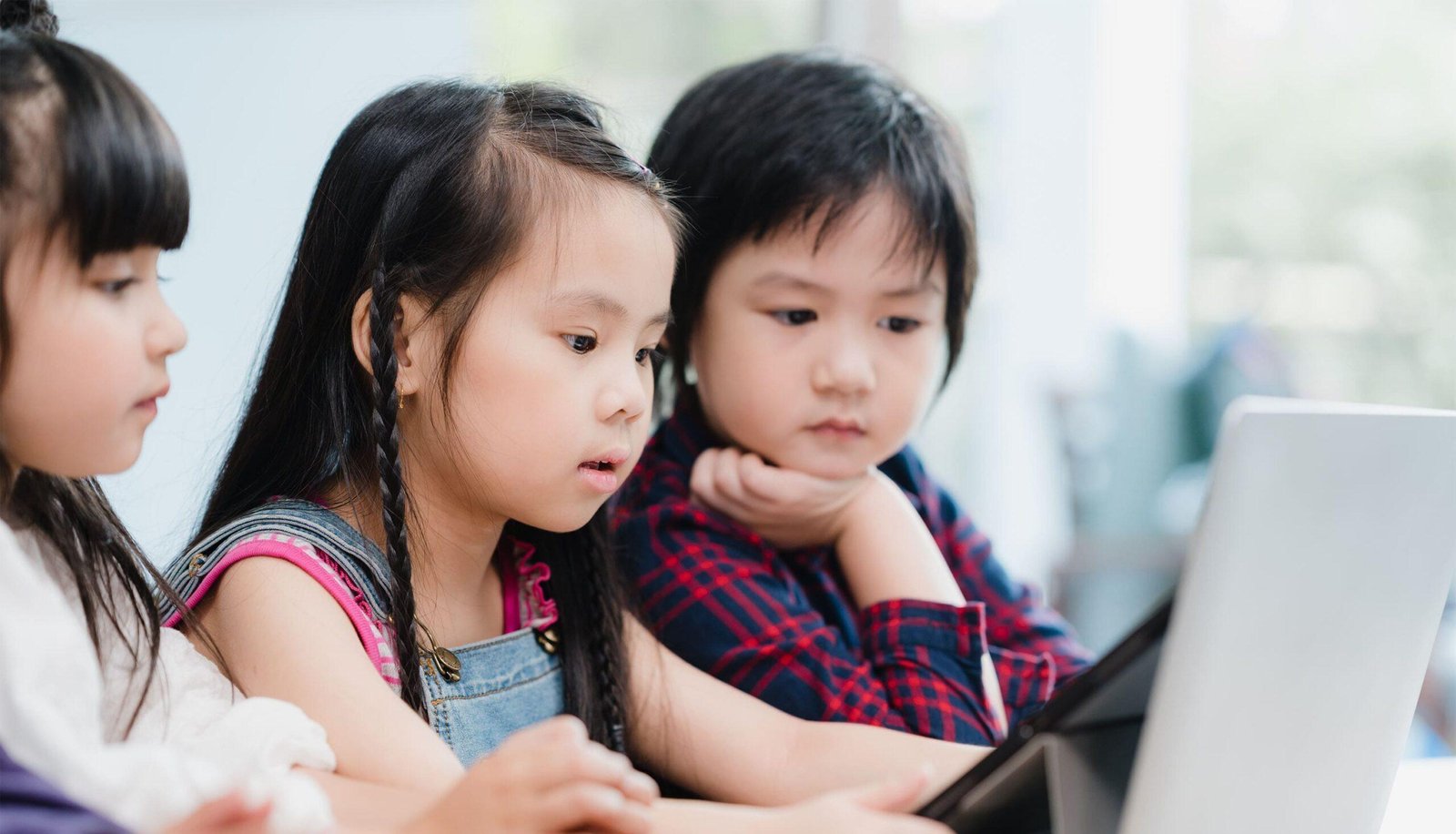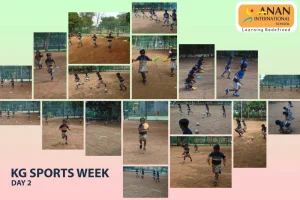The widespread of the novel Coronavirus led to the closure of schools for more than a year, adversely affecting the students’ mental as well as physical health. Social distancing has hindered their socialization, led to the budding of introverts, and a lost childhood charm. In fact, many students prefer not to return to school and are comfortable with their social isolation. Yikes!
Now the biggest question of the time is: are we doing enough to prepare future generations for this ever-changing environment?
Teaching the curriculum of the past won’t work
We need a more relevant curriculum to bridge the gap. It’s crucial to understand that a curriculum is not an isolated signpost for a single academic year. Rather, it’s a small piece of a much bigger puzzle that connects to every other grade.
You cannot do algebra or calculus without knowing how to add, subtract, multiply, and divide. Likewise, the curriculum needs to be like a puzzle. Progressive, engaging, and fun.
Ignoring one piece leaves the whole picture incomplete.
Teaching the exact same subject matter as taught in 1918: reading, writing, math, science, history, etc.., won’t fit the current scenario. Education debates are mostly about changing how we teach and embracing technology in the classroom, but rarely about changing what we teach. Any discussion concerning the future of work should go in tandem with the “future of curriculum” discussion.
Despite an increasing need for creative thinking, critical thinking, digital skills, and collaboration, schools are not in there to impart these skills. Although schools teach digital skills, they emphasize “how to use technology” in lieu of “how to create technology.” Sadly, some of the topics taught today are more likely to be outdated in the near future.
Asking “Why to emphasize an international curriculum in the middle of this chaos?” sounds sensible, but what’s the good of education without “outside-the-classroom applications, engagement, and resilience?”
“Redefining” a curriculum is imperative to meet the evolving requirements of problem-solving, decision-making, innovating, and succeeding. Unfortunately, as a society, we are struggling to meet the challenges, and as a result, we are not preparing students for the next generation.
Every parent should consider their child to be the central source of knowledge for all that they learn. It is essential that we take note of their passion, skill, interest, and need, and choose the curriculum that caters to them.






